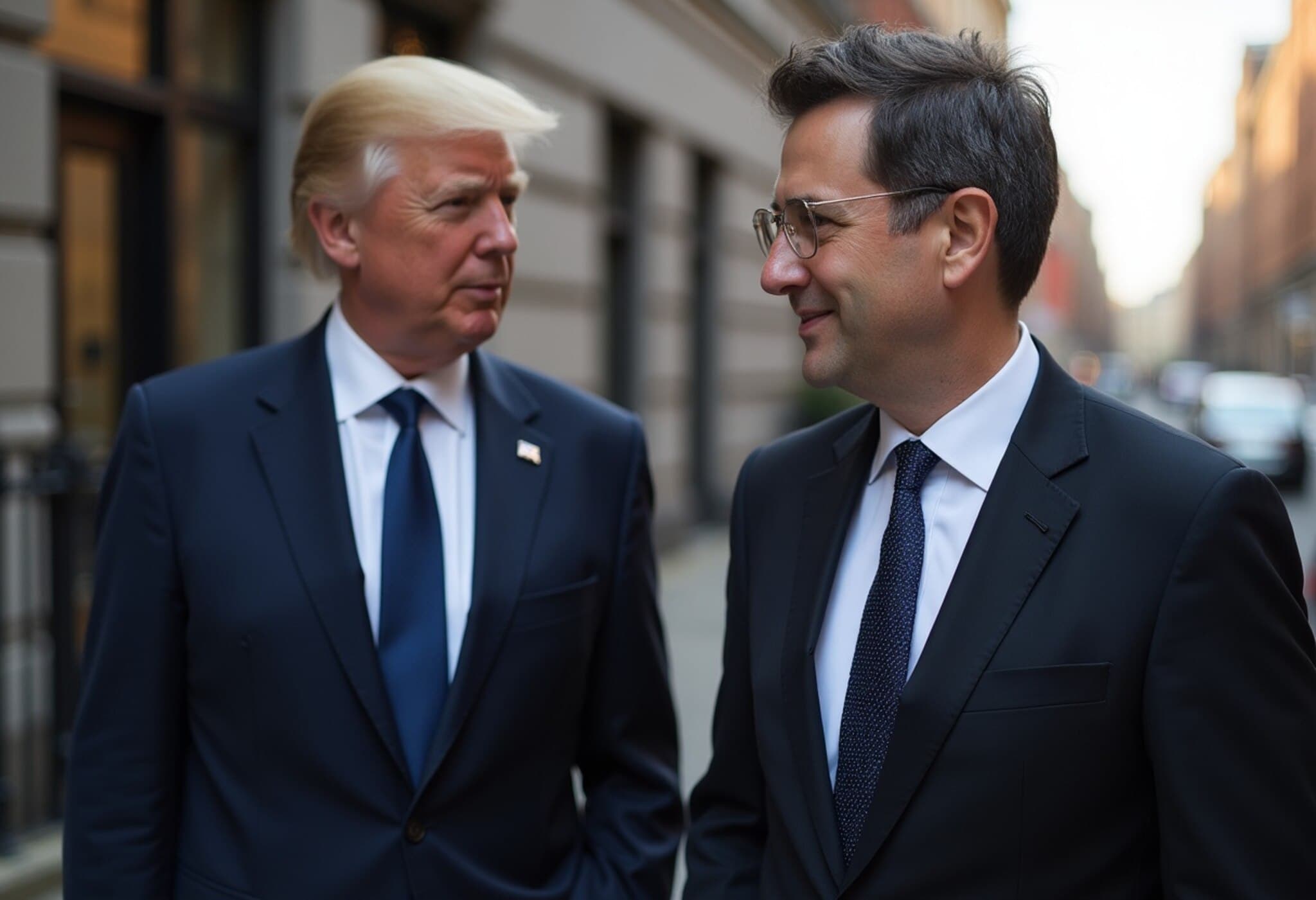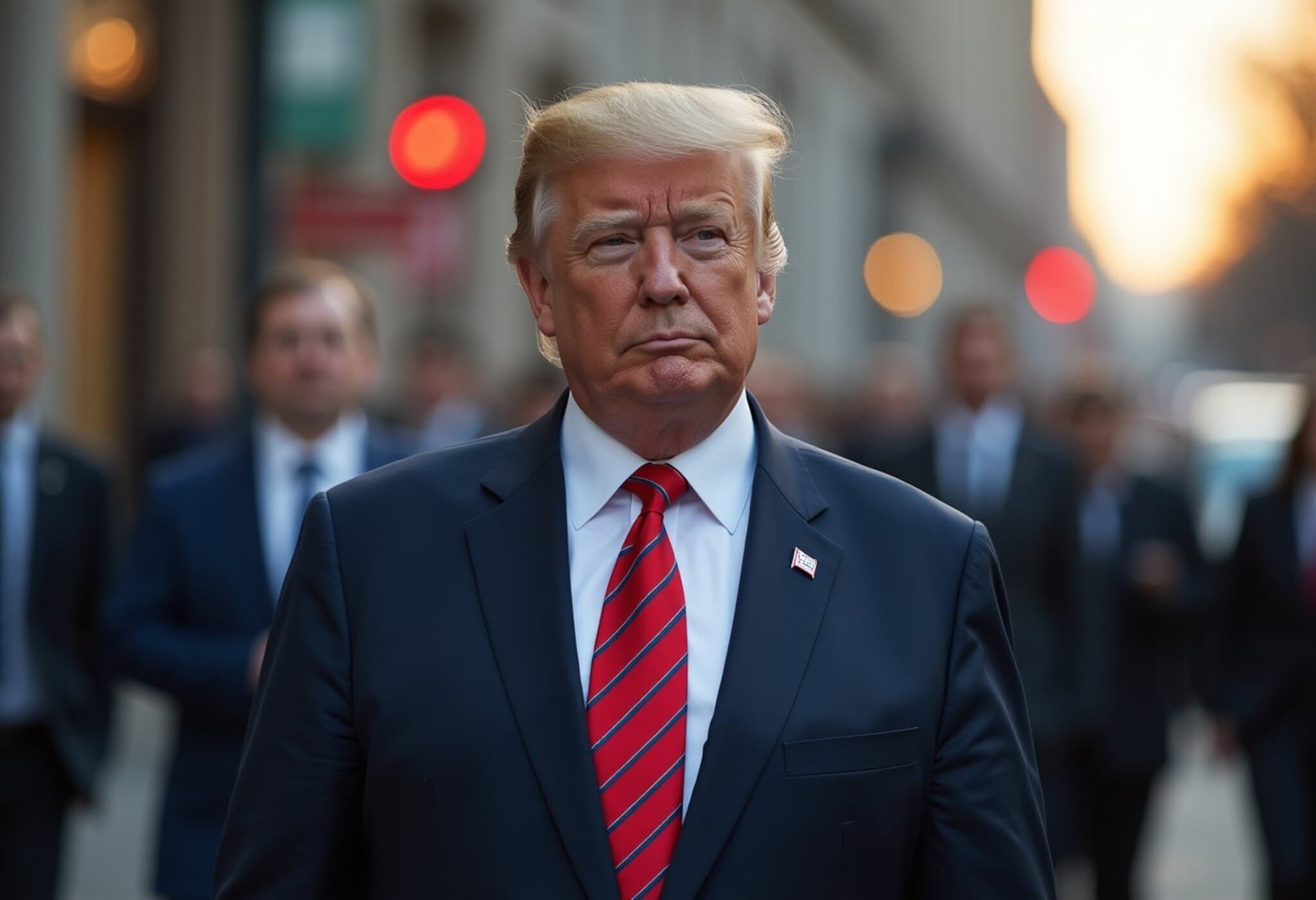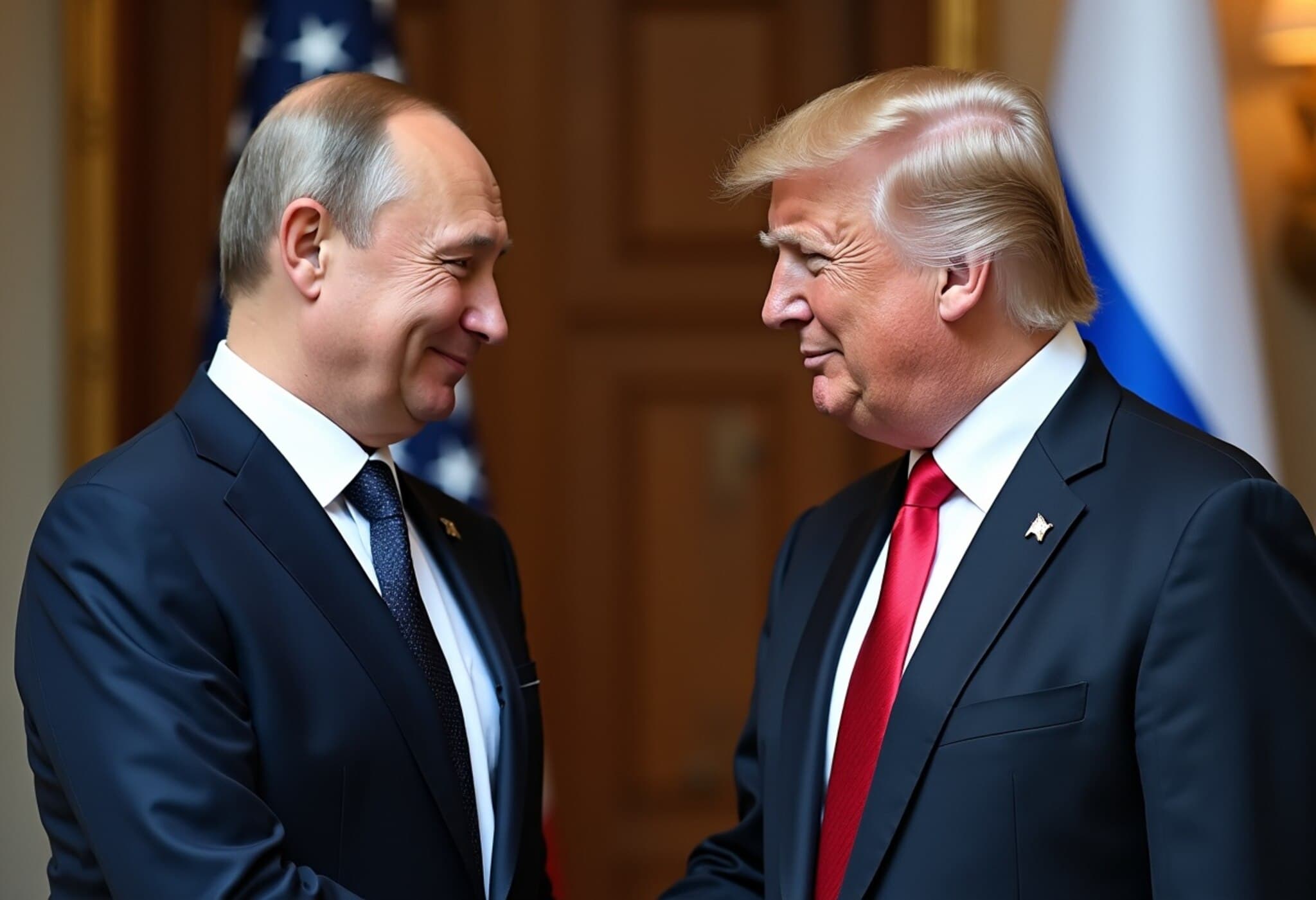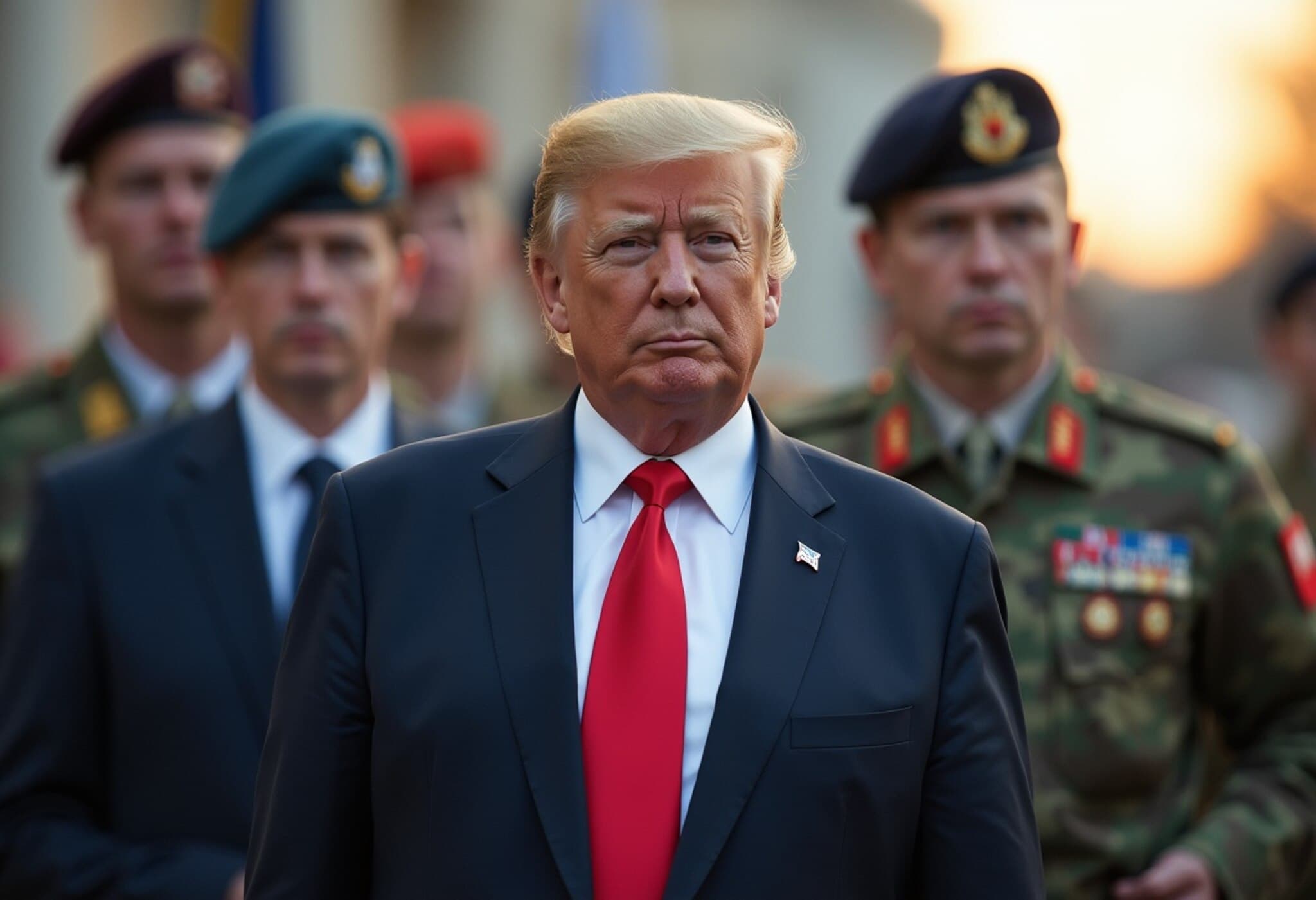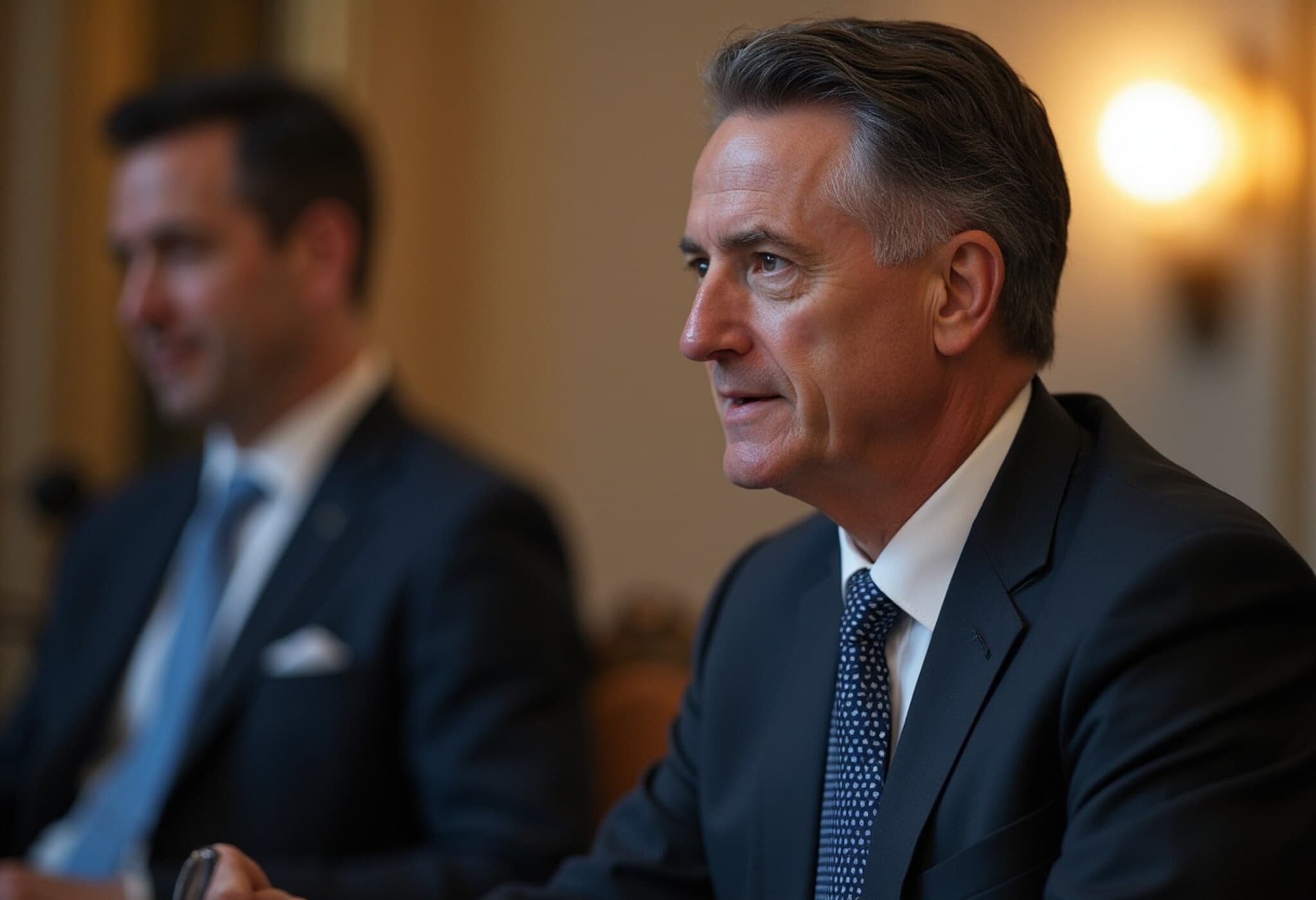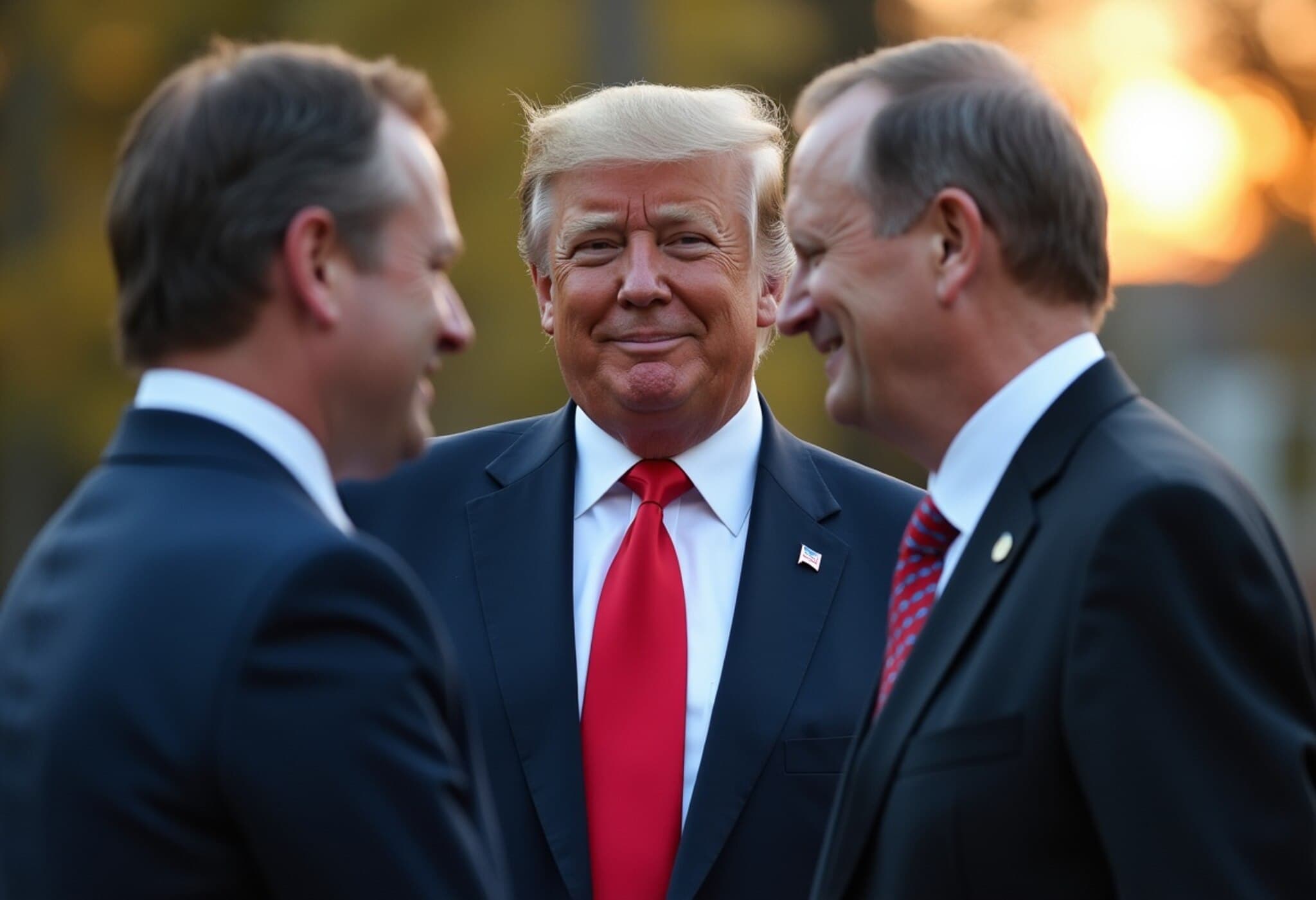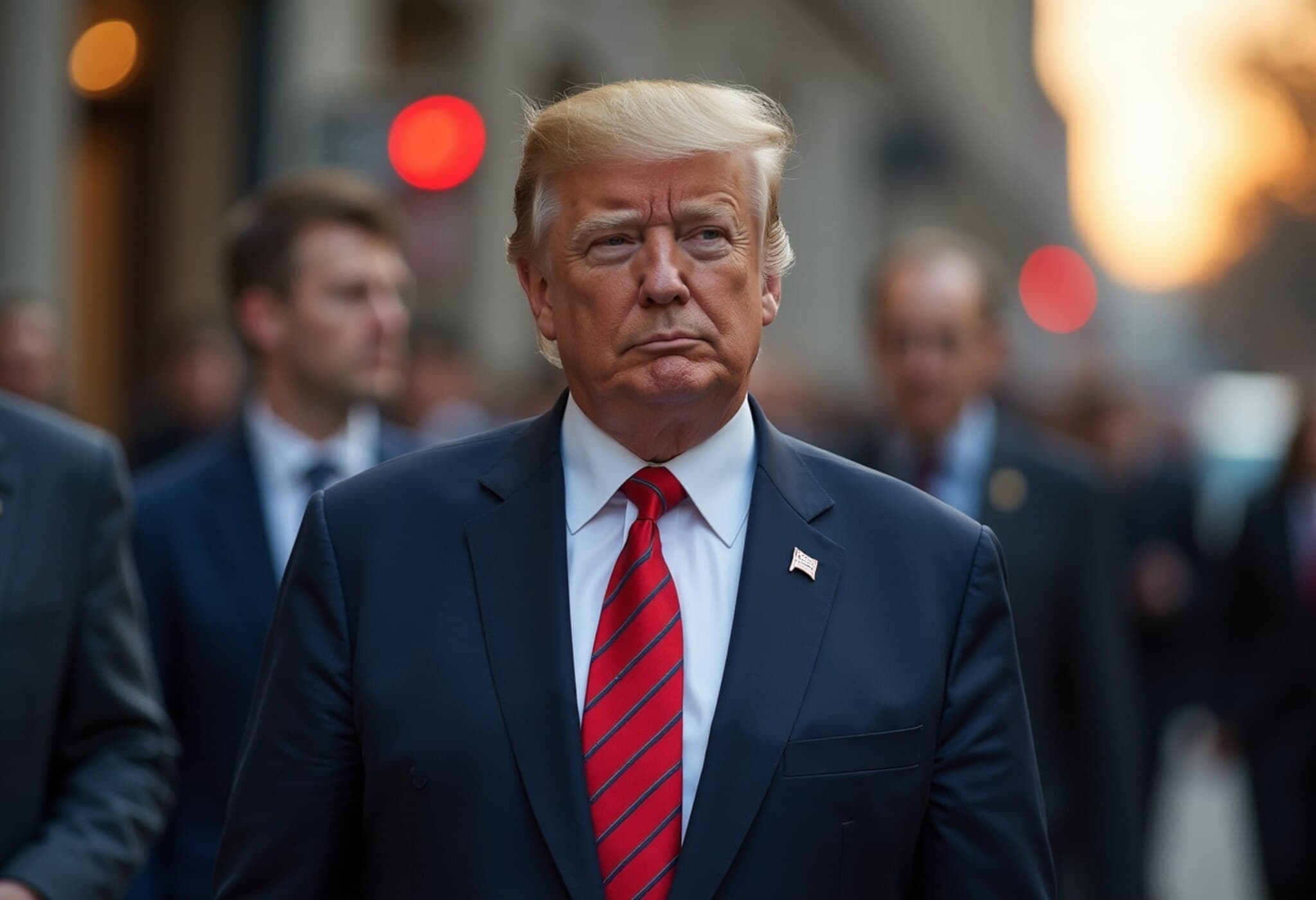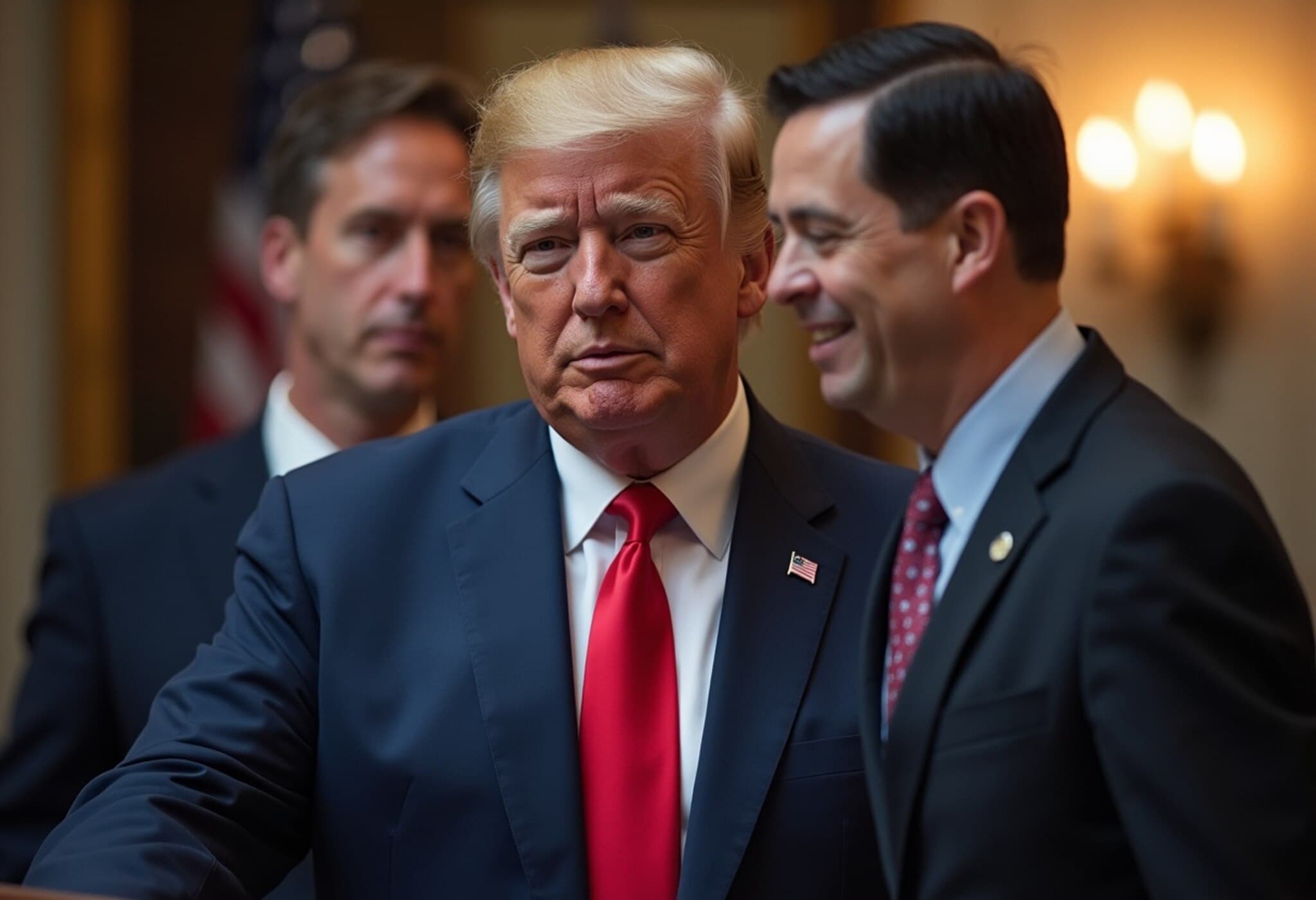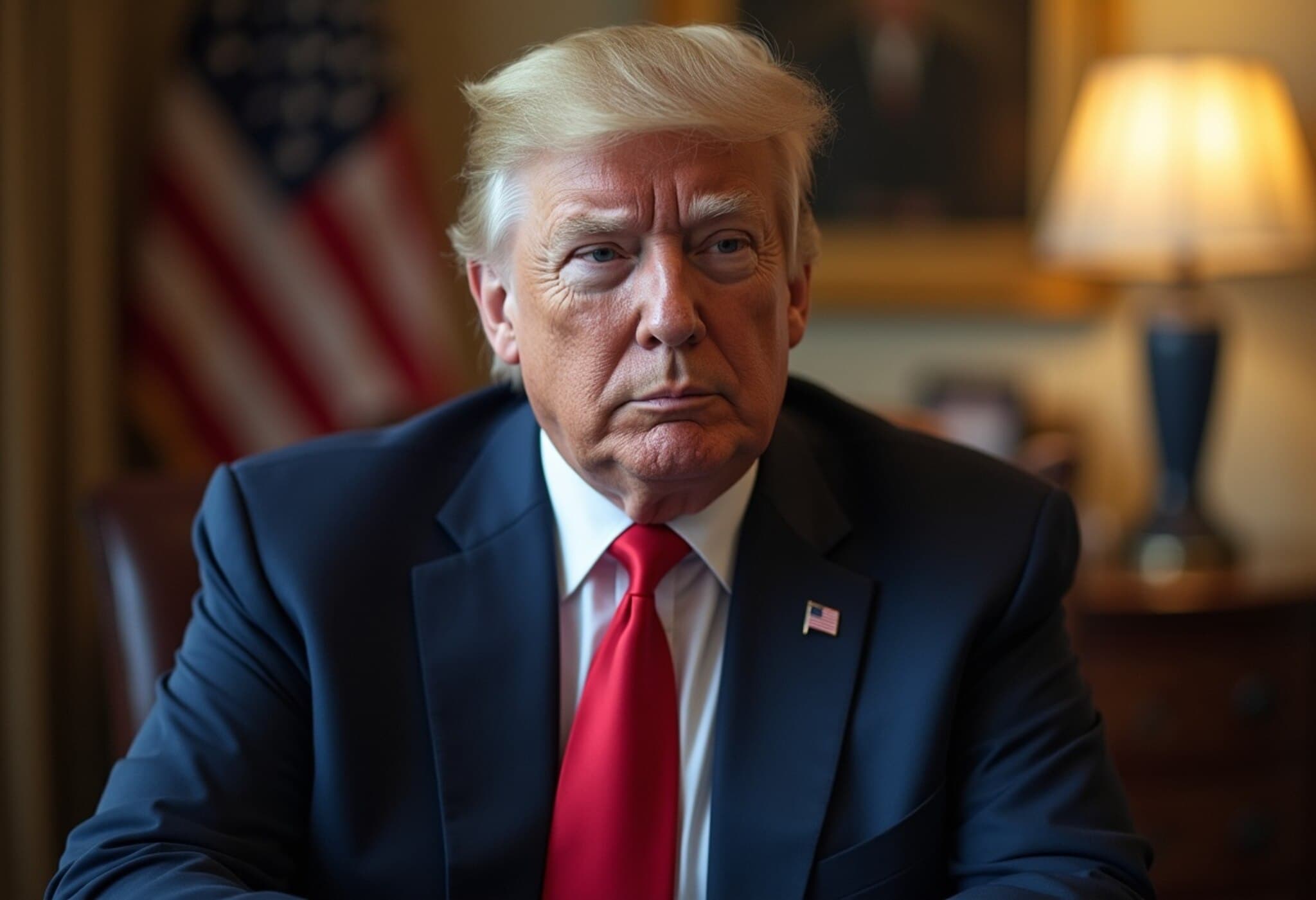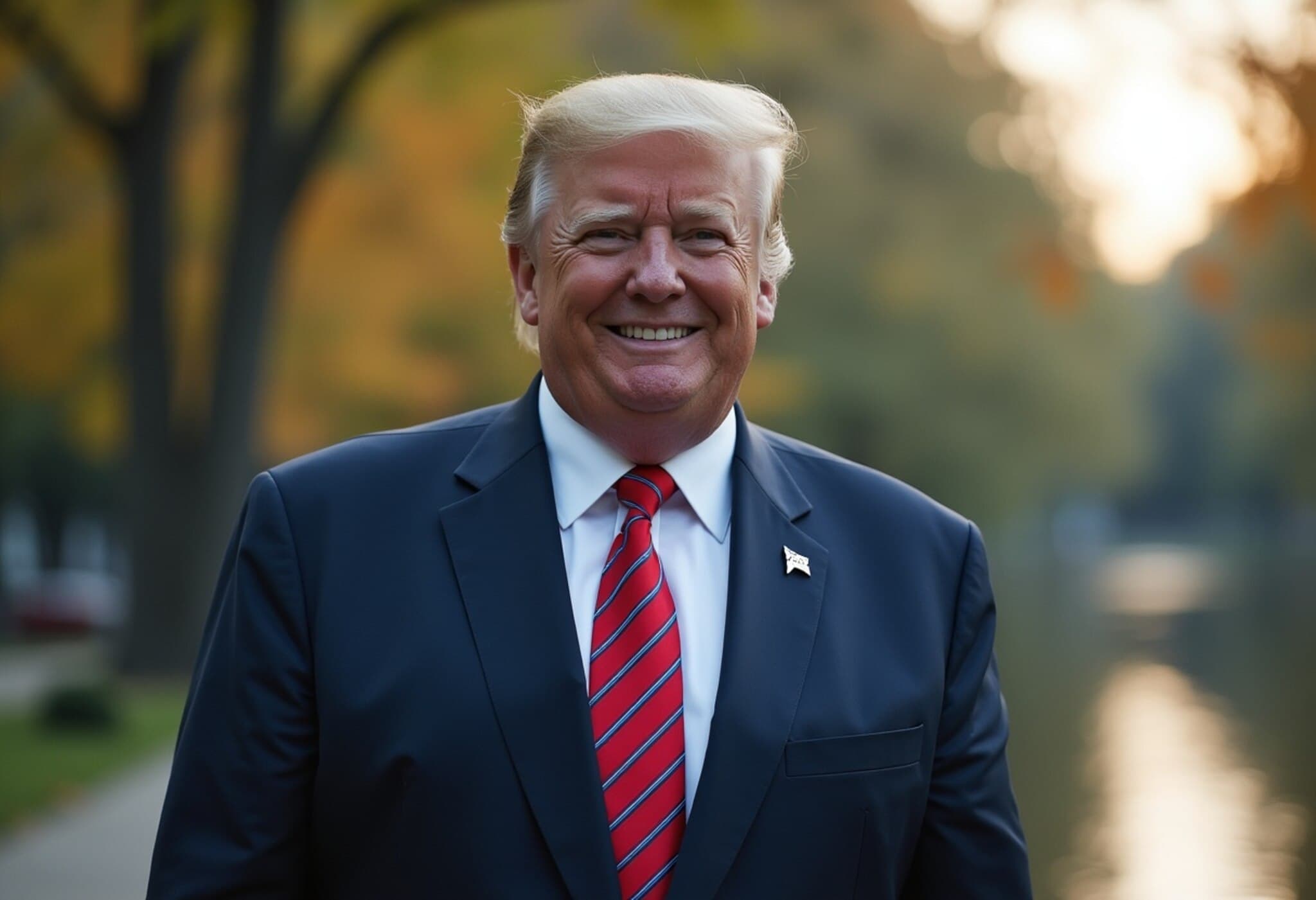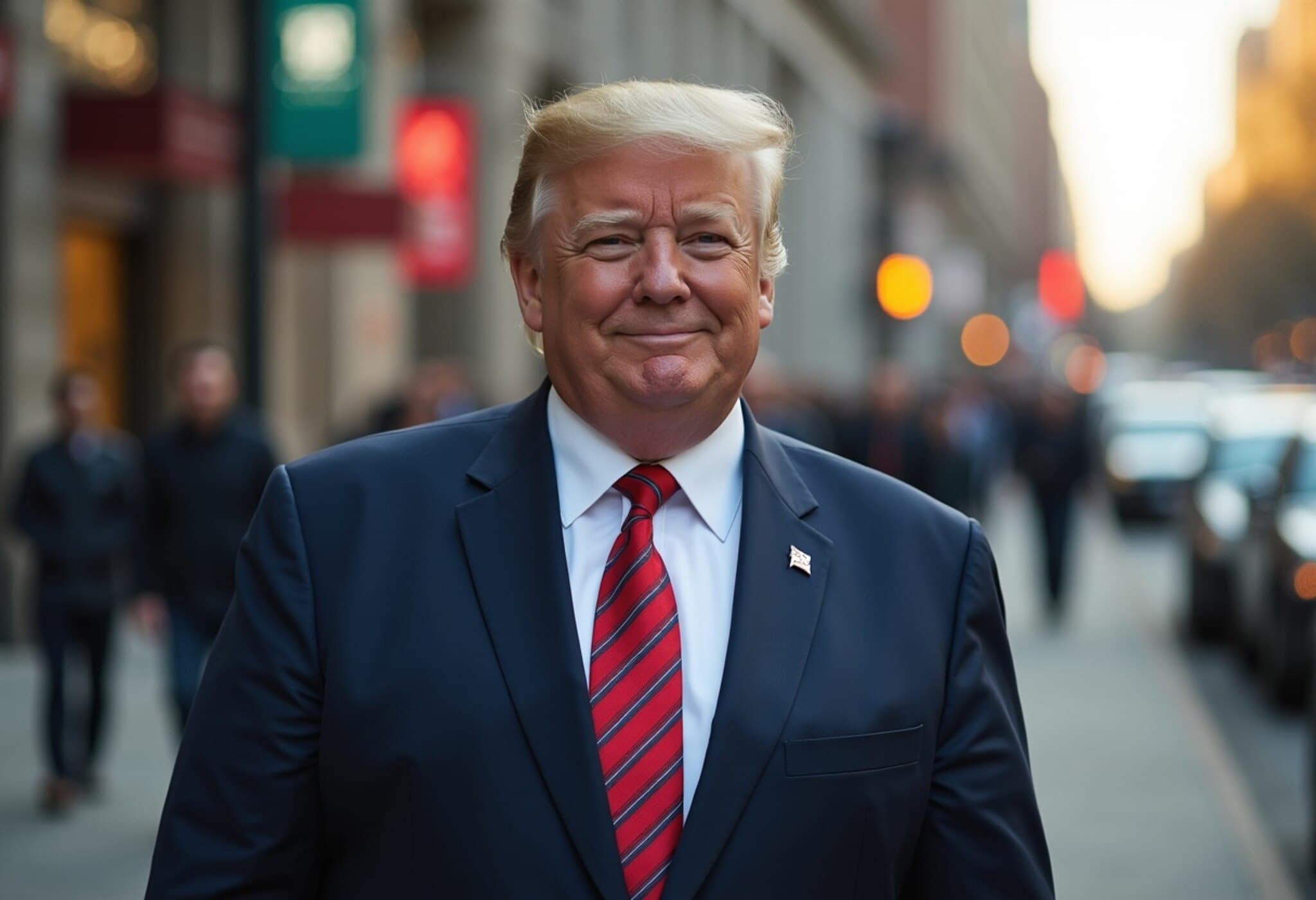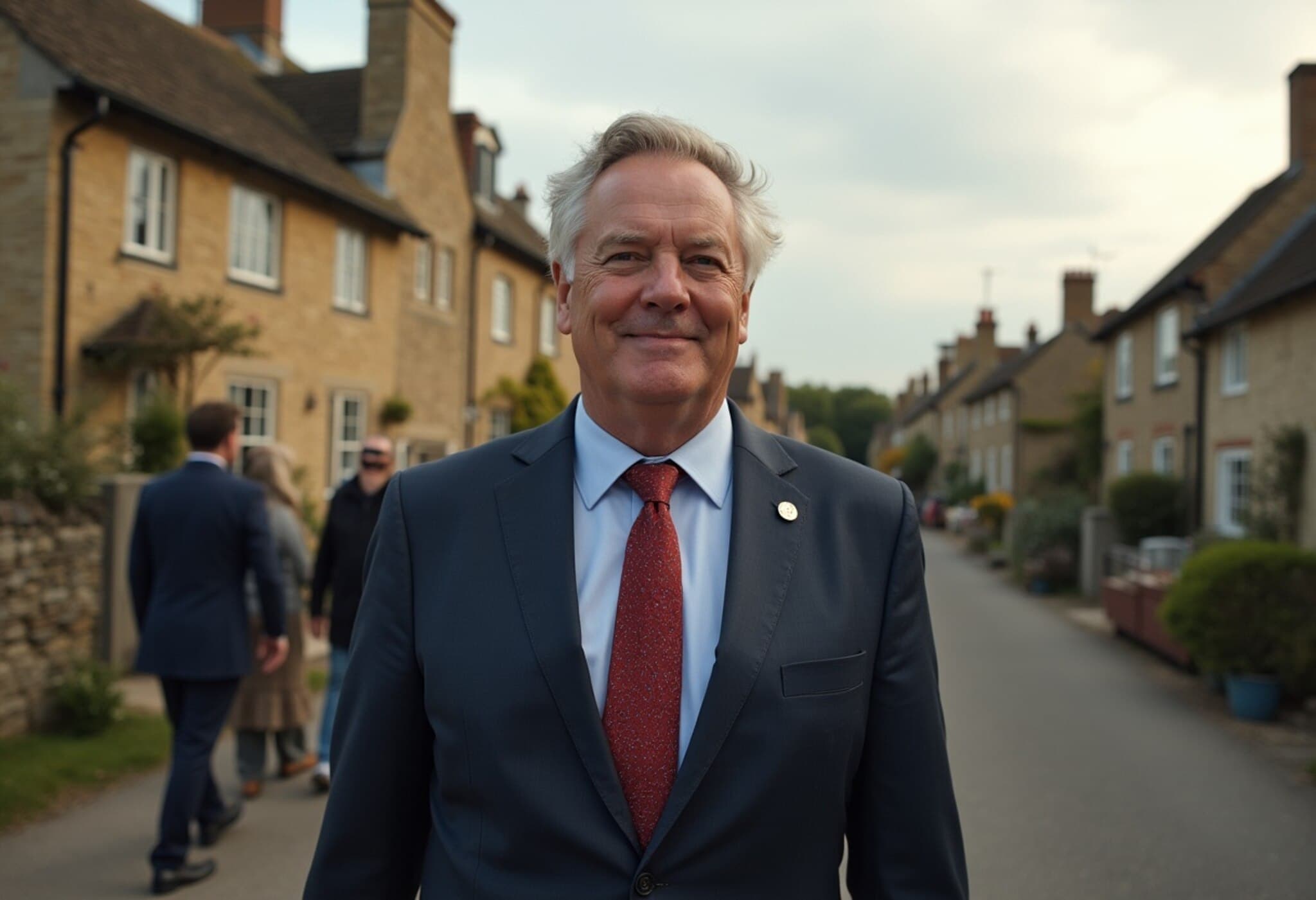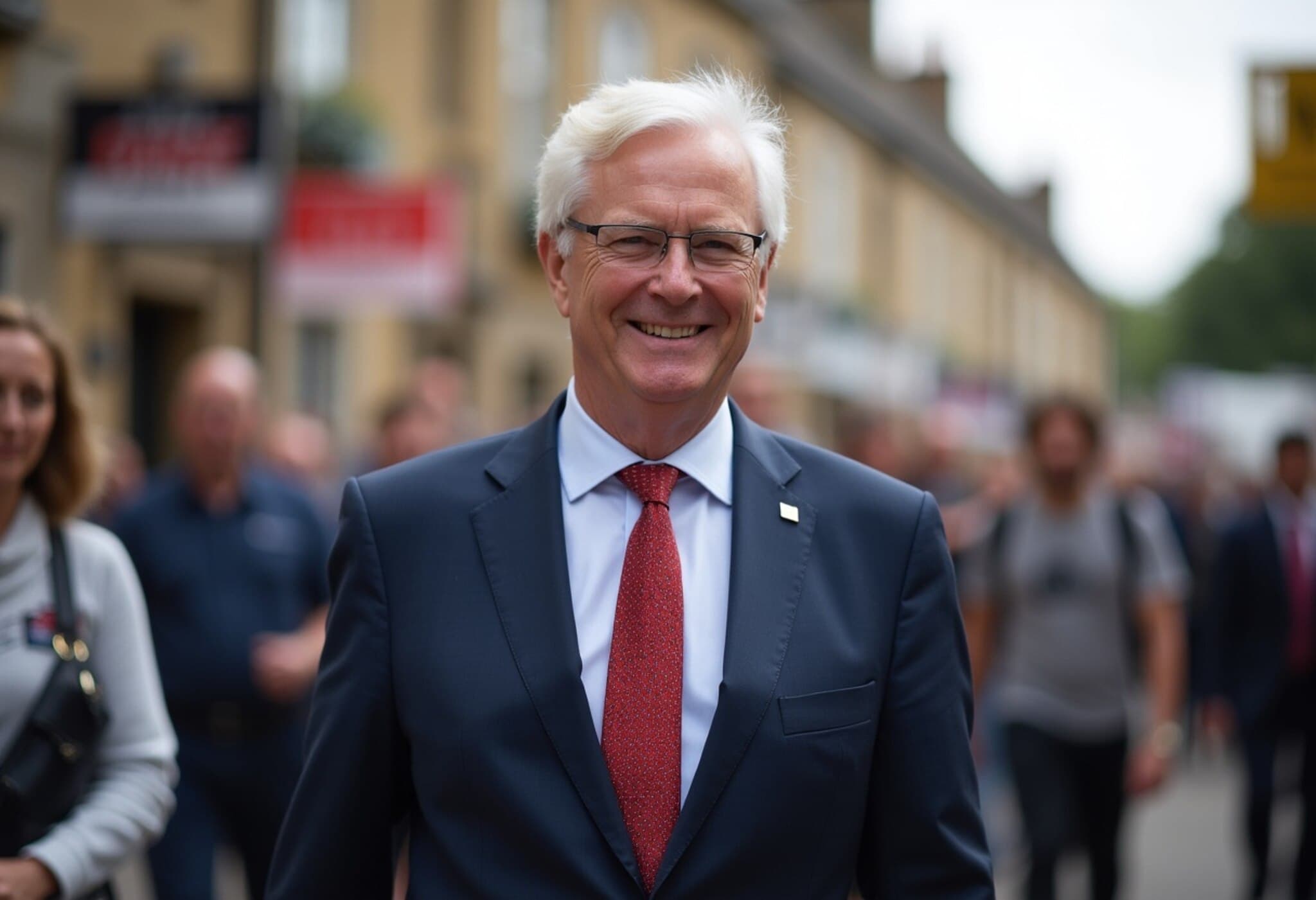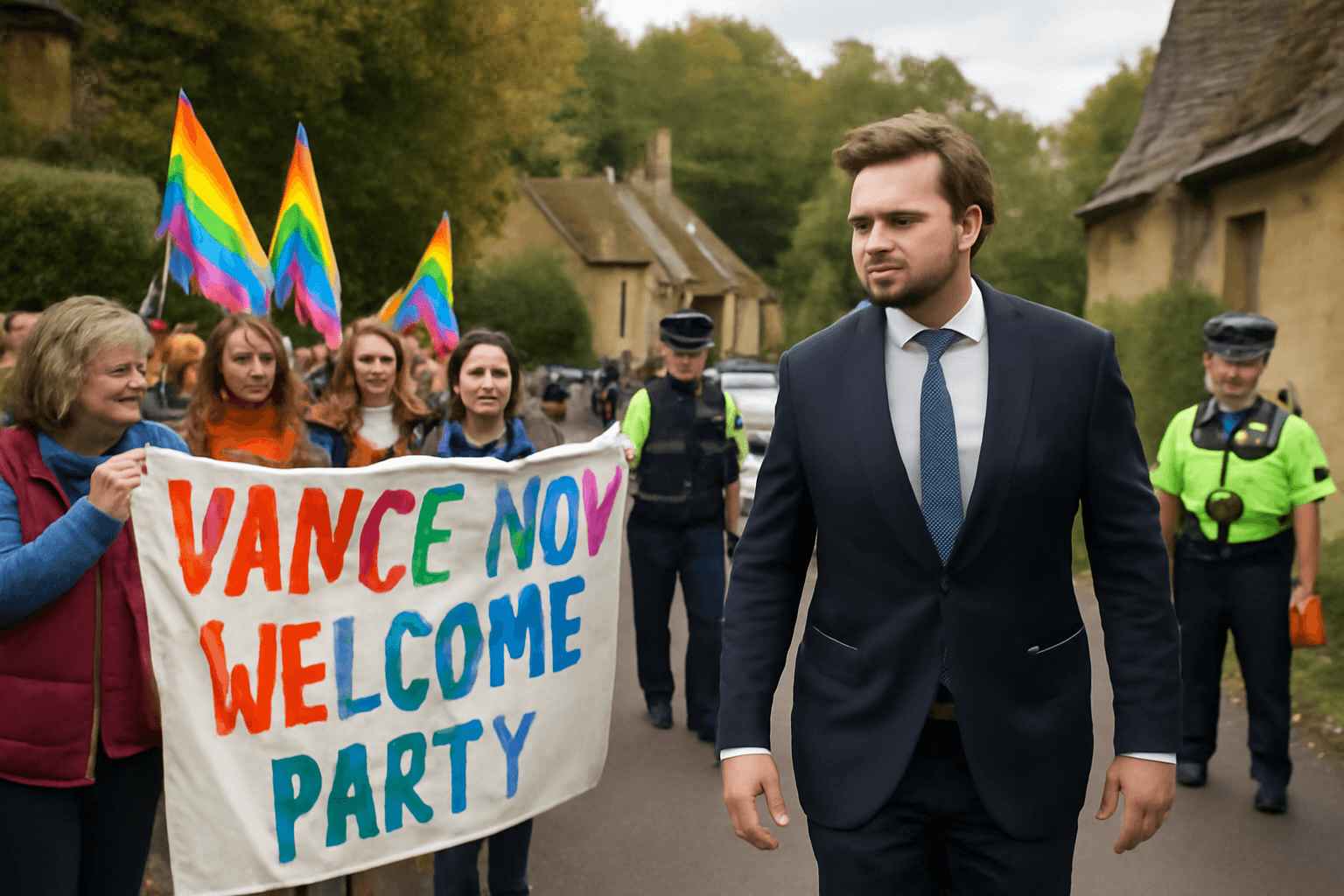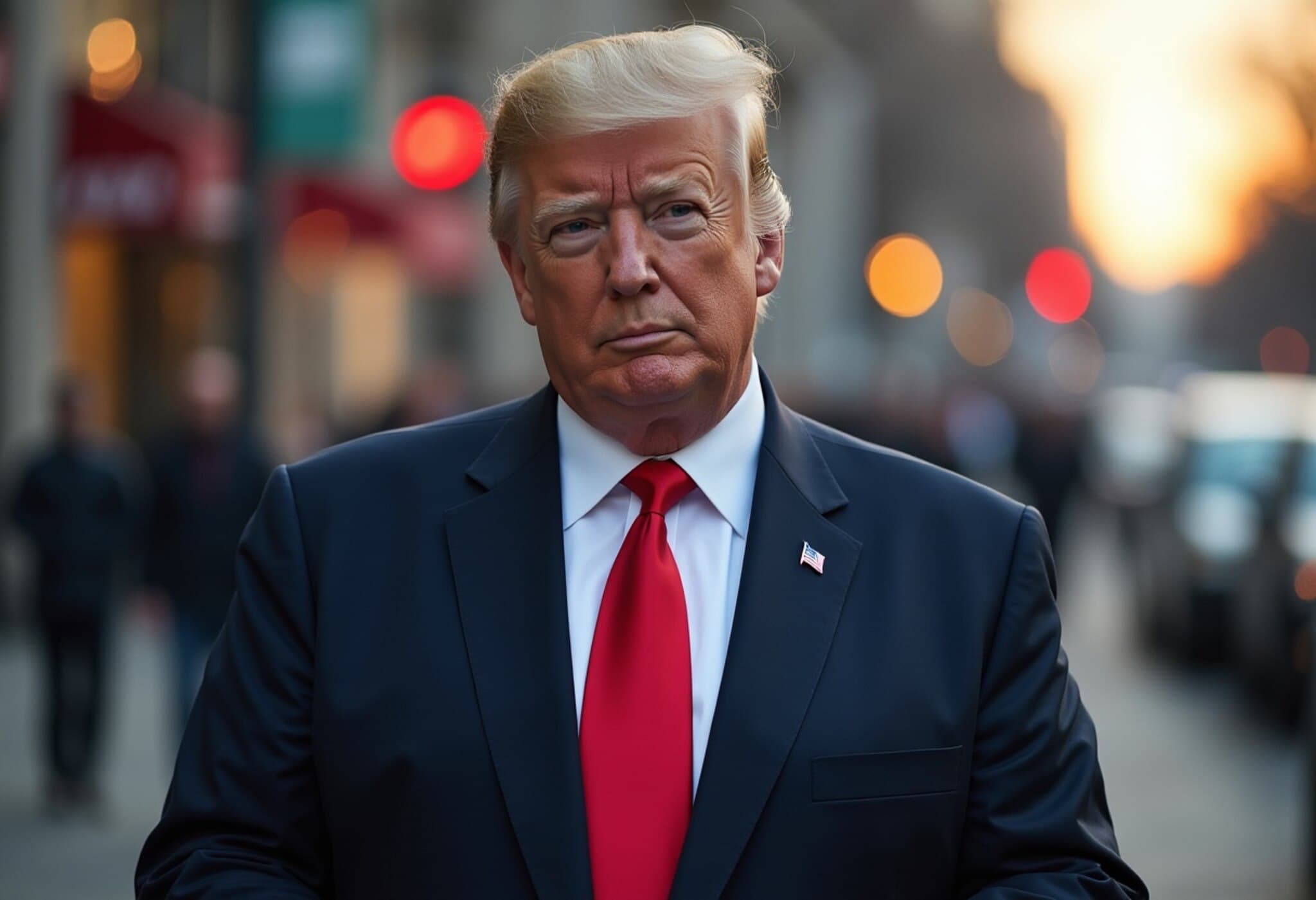JD Vance Arrives in UK Amid Rising Transatlantic Tensions
US Vice President JD Vance has landed in London for a significant working visit that underscores the evolving complexities in the relationship between the United States and the United Kingdom. This trip, which includes a key meeting with British Foreign Secretary David Lammy, unfolds against a backdrop of political shifts on both sides of the Atlantic and ongoing international crises.
Setting the Stage: A Personal and Political Journey
Accompanied by his wife Usha and their three young children, Vance’s arrival in London is not merely a diplomatic formality. He is set to meet Lammy at Chevening — the British foreign minister’s iconic country residence — before retreating to the Cotswolds, a scenic area well known as a sanctuary for public figures and cultural elites.
What makes this visit remarkable is Vance’s sharp previous criticisms of the UK and its ruling Labour Party. Last year, he controversially labeled Britain as potentially the first “truly Islamist” country wielding a nuclear arsenal, while also condemning what he perceives as threats against free speech and the protection of religious liberties under the current British administration.
From Discord to Dialogue: Navigating Complex Personalities
In the past, Lammy openly branded former President Donald Trump a “far right extremist” and “neo-Nazi.” Yet, since Vance’s emergence as a prominent figure within Trump’s administration, the two leaders have cultivated a surprisingly cordial rapport. Shared experiences of challenging childhoods and a mutual commitment to Christian faith have bridged their ideological divides, according to insiders familiar with their evolving friendship.
Lammy’s visit to Vance’s Washington residence in March and their meeting in Rome for Pope Leo XIV’s inaugural Mass demonstrate the human dimension to their relationship. However, beneath this personal warmth lies a diplomatic dance exploring pressing global issues.
Policy Challenges on the Agenda
While officials acknowledge there is no formal agenda for Friday’s bilateral meeting, attention is expected to center on ongoing crises in Ukraine and Gaza, alongside trade discussions. The UK has consistently urged Vance and the Trump administration to bolster support for Ukraine’s resistance against Russian aggression and to expedite solutions to the escalating humanitarian disaster in Gaza.
Nevertheless, British Foreign Secretary Lammy is anticipated to approach negotiations diplomatically rather than confrontationally, mindful of the delicate political landscape in Washington. Bronwen Maddox, director at Chatham House, notes that the UK values maintaining constructive ties with the Trump administration, emphasizing pragmatism over conflict to preserve existing trade arrangements.
Broader Political Context and Public Reaction
Vance’s visit follows closely on the heels of Trump’s recent private meetings in Scotland with UK Prime Minister Keir Starmer and European Commission President Ursula von der Leyen, where a pivotal framework trade agreement imposing a 15% tariff on most EU imports was established.
Looking ahead, Trump’s full state visit to the UK this September promises to be historic, marking a unique occurrence of a British monarch hosting the same US leader twice in close succession.
However, Vance’s arrival is not without controversy. Earlier this year, protests disrupted his family vacation in Vermont, a reflection of growing public frustration with the administration’s strict immigration policies and its handling of the Ukraine conflict. Reports suggest that a coalition of trade unions, pro-Palestinian groups, and climate activists are mobilizing to stage demonstrations during his UK visit.
Expert Insight: The Balancing Act of Diplomacy
Analysts highlight that Vance’s role straddles the tightrope between projecting the America First ideology and engaging in multilateral diplomacy. His candid critiques of allies may resonate domestically with certain voter bases but risk alienating long-established partners in Europe.
Moreover, this visit spotlights the evolving nature of transatlantic relations amid shifting political landscapes and rising global instabilities, emphasizing the imperative for nuanced dialogue over partisan rhetoric.
Editor’s Note
The upcoming discussions between JD Vance and David Lammy represent more than just diplomatic protocol; they symbolize the challenges and possibilities of US-UK partnership in a turbulent era. As both leaders navigate personal differences and national interests, observers should watch closely how these interactions influence broader policies on security, trade, and humanitarian crises. Will pragmatism prevail over rhetoric? And how will these high-profile visits shape public perception amid growing grassroots activism? These are vital questions that extend well beyond the corridors of power.

